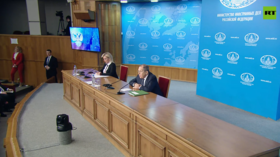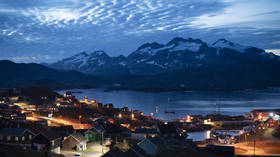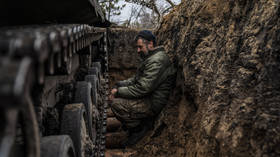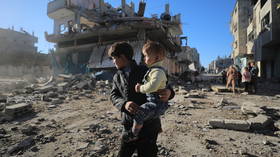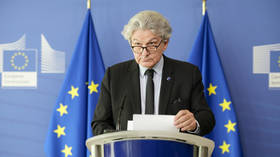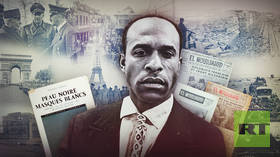‘NSA has just granted themselves another huge power’
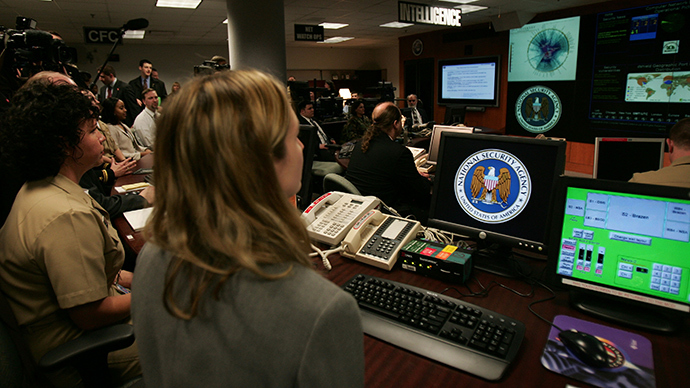
Rather than asking the democratic government of the United States whether it is ok to track people via their facial characteristics in their web postings the NSA has decided to do it themselves, digital rights campaigner Jim Killock told RT.
Evidence leaked by whistleblower Edward Snowden reveals that the NSA collects millions of web images per day, to use in facial recognition programs.
Jim Killock, executive director of Open Rights Group, believes this is a huge violation of people’s privacy even though there are no clear precedents in this case, unlike the situation with texts and e-mails.
RT:Millions of people post their pictures online - which we can ALL see anyway if they're on social media - so what's wrong with law enforcement taking a look too?
Jim Killock: It's another huge power they have just granted themselves. Rather than asking the democratic government in the United States whether it is ok to track people via checking their facial characteristics on their web postings they have just decided that that is ok. What is particularly interesting about that is that there are no legal precedents; there is no legal framework for how people's personal images might be used. Unlike post and text and mail, where there have been clear precedents and there has been an understanding of what is meant to be private; people's photographs, the images and faces contained within them, are not subject to the same kind of legal rigor. So we do not know how that will come out legally, but obviously it is a huge violation of people's privacy to be able to track every individual around the country, wherever they might be, whatever parties and events they might be at, on the basis of the NSA being able to see who you are by examining your facial characteristic. It is obviously a huge step to take, so it should not just be happening.
RT:Criminal activity's rife on the free and open web - how much does it bother you that groups like the NSA are matching online fraud techniques, such as fake Facebook accounts and malicious software?
JK: What we have to be clear about here is that if you are being tracked by a private company that is meant to be happening with your knowledge and consent. For example, I publish things on the internet, I put up blog posts, I say things on RT or any other company, I do that in my own knowledge, and I therefore know that that might be noticed by people. But what the NSA is saying is forget the idea of consent, we are just going to do that, and that is completely unfair - it is unexpected and you do not know how this information will be used in the future. If criminal people do the same thing, that too is a huge violation of human rights and something that they are entitled to have stopped. But just because the NSA or any other government internal or external security agency can and wish to track people does not mean that they have a right. Particularly, not because they can claim things like national security. That is not a sufficient justification for gathering any amount of data they want in any way that they want.
RT:Every month there's a new headline about how far-reaching the NSA's powers are. Do you think these latest revelations make any difference?
JK: I think they do make a difference, in as much as it is another example, and a particularly intrusive example, we all find particularly upsetting because we do not know what is in those images. We know that the same is happening in the UK on an experimental basis - our GCHQ was gathering snapshots of people's video cameras and web chats in order to see whether they could see and check who people were. They were doing it on an experimental basis, and they found some very disturbing things about that, particularly, a large amount of nudity. Who knows what is going on with the NSA in the same program, in fact the same kind of problems may well be being encountered. In fact this is a kind of thing that people have some right to know about. Because this is more tangible I hope that people will have more notice.
The statements, views and opinions expressed in this column are solely those of the author and do not necessarily represent those of RT.
The statements, views and opinions expressed in this column are solely those of the author and do not necessarily represent those of RT.



